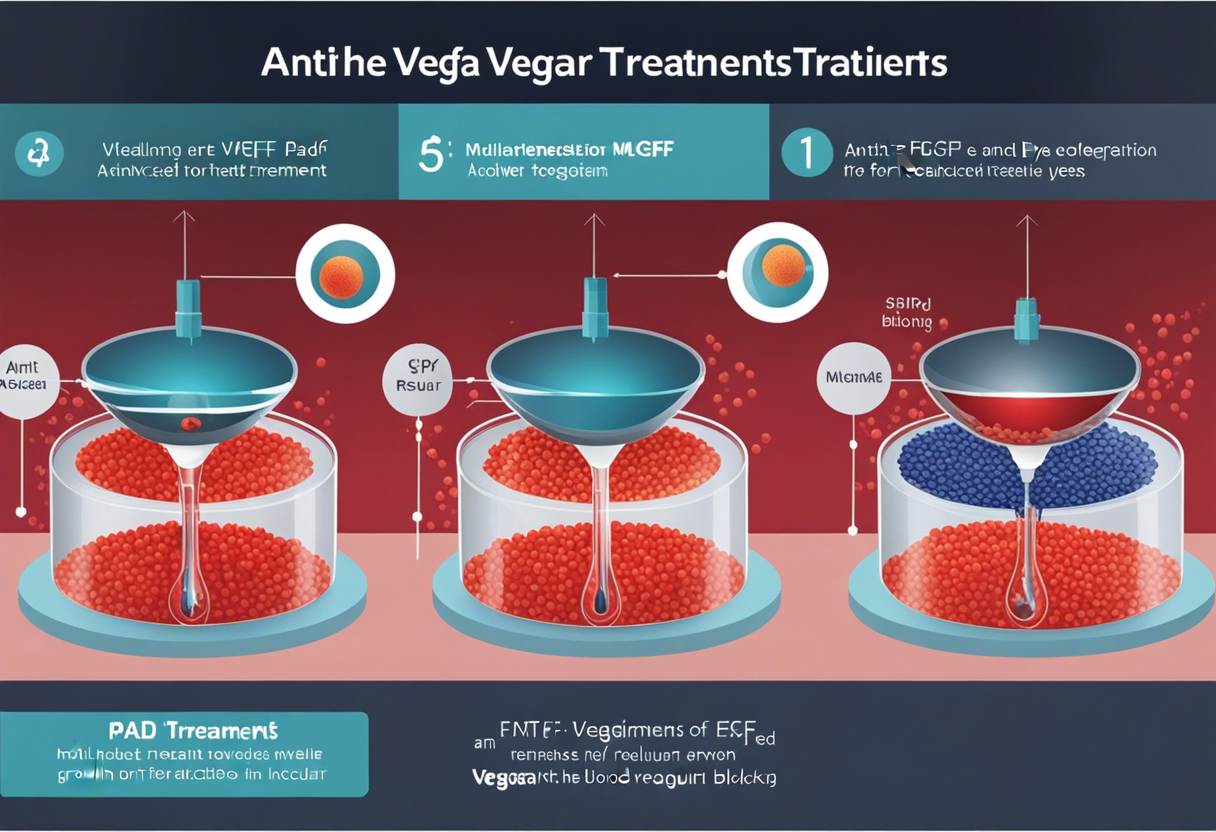Sailing through the Sea of Sight: Top 3 Advanced Solutions for Macular Degeneration Treatment
Macular degeneration, commonly known as Age-Related Macular Degeneration (AMD), is a progressive eye condition that affects as many as 15 million Americans, and millions more around the world. It targets the macula - the part of the retina responsible for sharp, central vision needed for tasks like reading, driving, and recognizing faces. The condition is a leading cause of vision loss among people aged 50 and older, and its prevalence is expected to double by 2050. As we navigate through the sea of sight, understanding macular degeneration becomes crucial. This section aims to set the stage for a deep dive into the top three advanced solutions for treating this condition.
Macular degeneration is categorized into two types: Dry AMD, which is the most common and involves thinning of the macula, and Wet AMD, which is more severe and involves leaking blood vessels that cause scarring of the macula. Both types lead to a gradual loss of central vision, which can significantly impact an individual's quality of life. Despite its widespread prevalence, there is currently no known cure for AMD, making the exploration of advanced treatment solutions an urgent necessity.
Anti-VEGF Treatments

The first advanced solution for treating macular degeneration is Anti-VEGF (Vascular Endothelial Growth Factor) treatment. These medications work by blocking the growth of abnormal blood vessels in the eye, a common occurrence in Wet AMD. They also help slow down the leakage of fluid that can cause the macula to swell and further damage vision.
Anti-VEGF drugs, such as Avastin, Lucentis, and Eylea, are administered through injections into the eye. While the thought of an eye injection may be daunting, the procedure is typically painless and can significantly slow vision loss and in some cases, improve sight. However, these treatments require regular follow-ups and multiple injections, which can be a burden for some patients. Despite these challenges, Anti-VEGF treatments have revolutionized the management of Wet AMD, offering hope to many suffering from this condition.
Photodynamic Therapy

Photodynamic therapy (PDT) is another advanced treatment for Wet AMD. This two-step treatment begins with the intravenous administration of a drug called Verteporfin. This drug travels through the bloodstream and into the new, abnormal blood vessels in the eye. The doctor then shines a non-thermal laser into the eye, activating the drug and causing it to destroy the abnormal blood vessels.
While PDT is less commonly used than Anti-VEGF treatments, it can be a viable option for patients who cannot undergo eye injections or those whose condition has not responded to other treatments. It's important to note that while PDT can slow the progression of Wet AMD, it does not cure the disease or reverse vision loss.
Lifestyle Changes and Nutritional Supplements

The third solution for managing macular degeneration involves lifestyle changes and nutritional supplements. While this approach may not be as technologically advanced as the previous two, research shows that it can have a significant impact on the progression of both Dry and Wet AMD.
A diet rich in fruits, vegetables, and fish, along with regular exercise, can help slow the progression of AMD. Additionally, the Age-Related Eye Disease Study (AREDS and AREDS2) found that daily intake of certain high-dose vitamins and minerals can reduce the risk of AMD progression by about 25%. These supplements include vitamin C, vitamin E, beta-carotene, zinc, and copper.
While macular degeneration remains a significant global health concern, advances in treatment options offer hope. From Anti-VEGF treatments and photodynamic therapy to lifestyle modifications and nutritional supplements, patients have several strategies to manage their condition and maintain their quality of life. As research progresses, the hope is that even more effective treatments, or perhaps even a cure, will be found.
